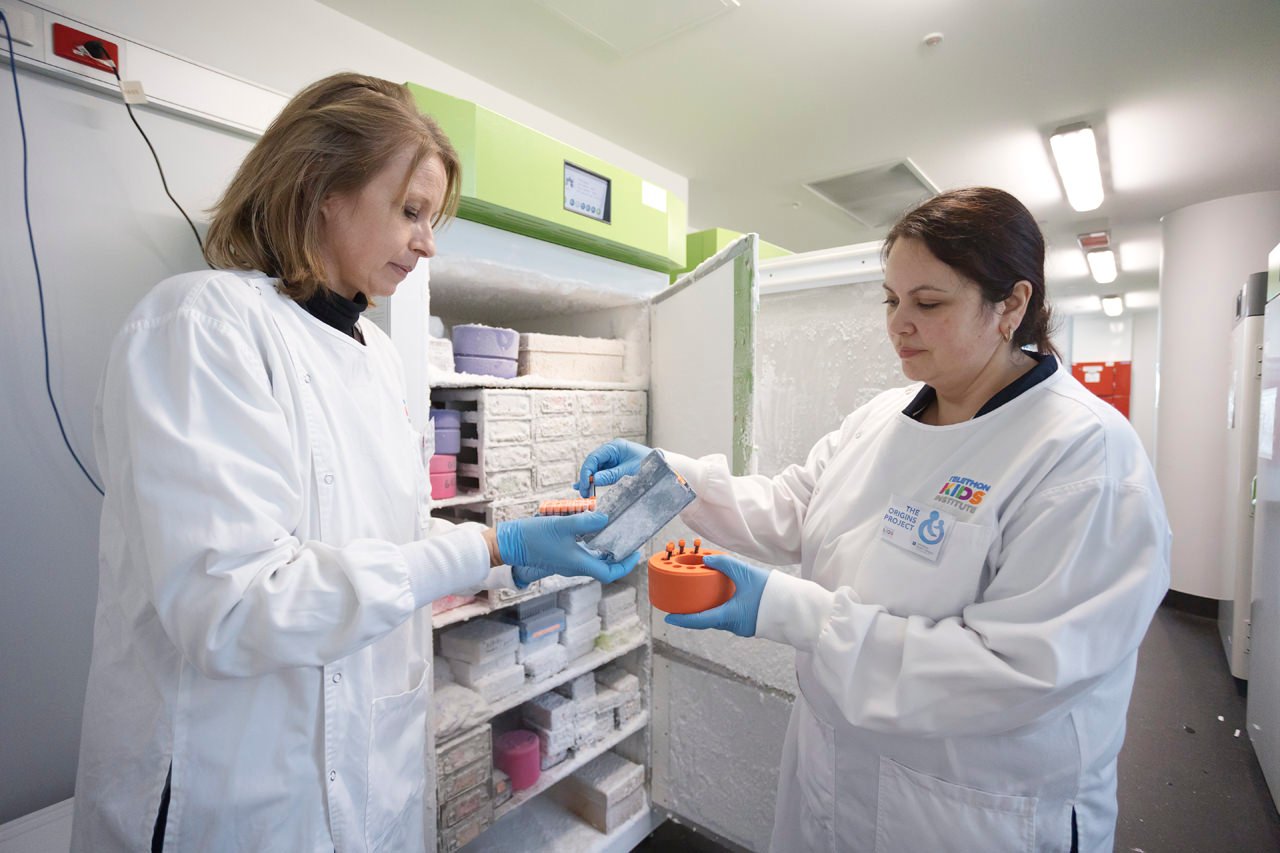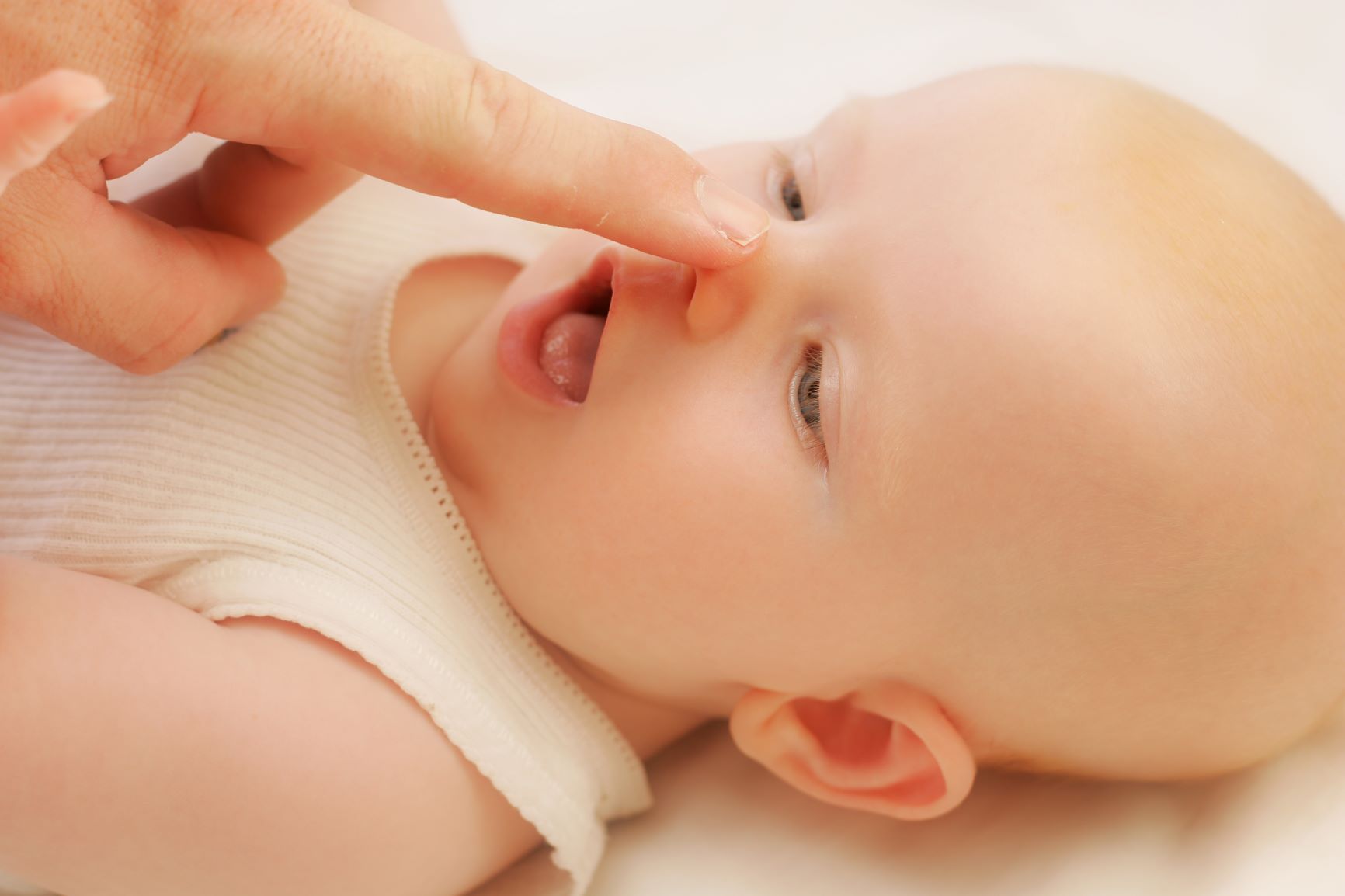Search

Information for the 10,000 families participating in ORIGINS. Recruitment has now closed.

Helping ORIGINS families to stay on track in their ORIGINS journey

A step-by-step guide to collecting and returning ORIGINS samples
Get in Touch Dropping off a sample or attending a Kids Check appointment? Visit us at our Edgewater clinic. The Kids Joondalup Shop 51, Joondalup
Get in Touch Dropping off a sample or attending a Kids Check appointment? Visit us at our Edgewater clinic. The Kids Joondalup Shop 51, Joondalup
Get in Touch Dropping off a sample or attending a Kids Check appointment? Visit us at our Edgewater clinic. The Kids Joondalup Shop 51, Joondalup
Information about withdrawing from the study

Investigating the possible contributors to childhood lung disease by studying the epithelial cells from the nose at birth.

Does eating cashew nut spreads in the first year of life reduce the chances a baby will develop a cashew nut food allergy?

Assessing the virus transmission, immunity development and wellbeing of families during COVID-19
